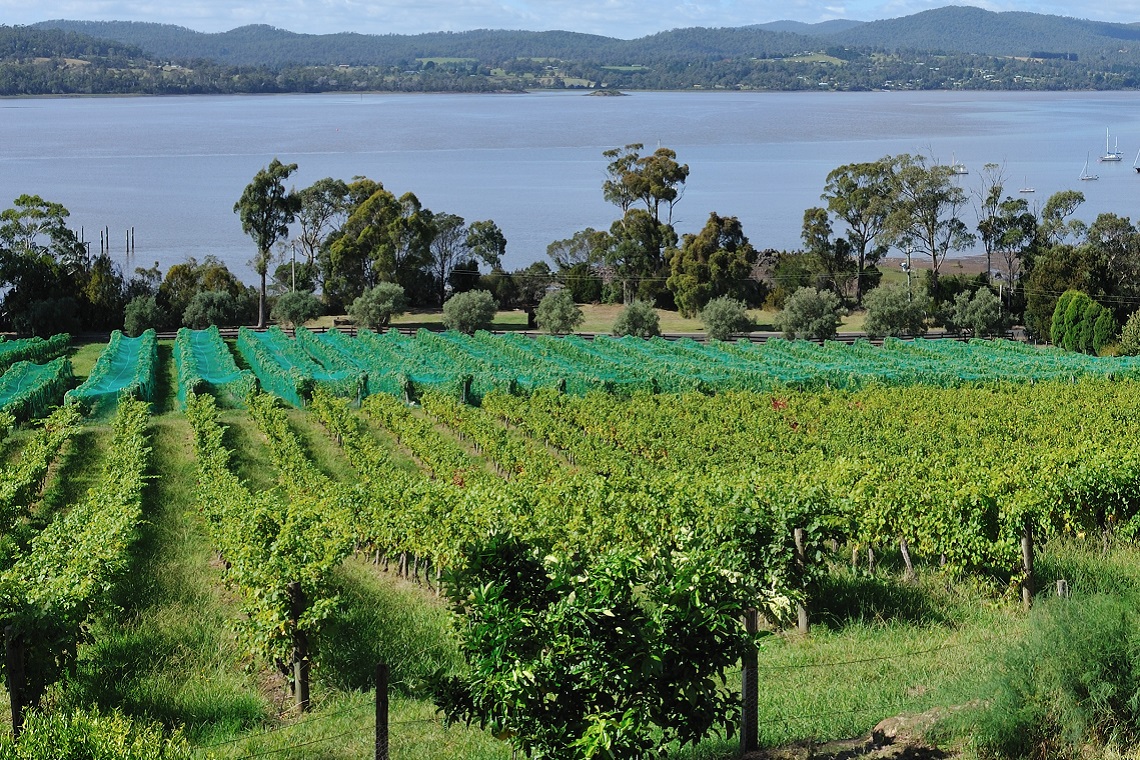Research commissioned by Wine Tasmania has shown strong growth in the Tasmanian wine sector, making it one of the most significant contributors to the state economy.
The research revealed that Tasmania’s wine sector produces approximately 895,000 bottles of wine worth $420m annually, a figure that is projected to grow to $2b by 2040 and will make the Tasmanian wine sector the highest contributor to the Tasmanian economy.
In the period 2022 – 2023, of all visitors to Tasmania, 24 per cent visited a cellar door. Of visitors to Tasmania, the average spend of those who visited cellar doors increased from $3,010 to $4,352.
Sheralee Davies, Wine Tasmania CEO, says the report demonstrates the impressive scale and growth of the Tasmanian wine sector.
“The Tasmanian wine sector is founded in agriculture, but its value grows exponentially through winemaking and wine tourism. Nearly every community in Tasmania is directly or indirectly linked to the wine sector, including through employment, investment and tourism in our regional areas.
“A quarter of visitors to Tasmania call into our regional cellar doors, with these visitors staying longer and spending more than others.”
The research also revealed impressive performance in terms of employment in the Tasmanian wine sector. With 3,600 full time equivalent jobs, Tasmania’s grape growing workforce is up by 74 per cent compared with a 29 per cent reduction nationally, making it the only state where its grape growing workforce grew over the past decade.
During the same period, Tasmania was the only state where females in grape growing roles increased, up by 115 per cent.
“From humble beginnings in the 1950s, so many people have worked tirelessly for a long time to make this sector the impressive success it is today,” added Davies. “This is despite many challenges along the way and official advice that the island was too cold and unpredictable to ever be a regional wine champion.
“Tasmania is now leading the country, through its global profile, the value of wine grapes and wine, visitation to its cellar doors and market-led growth as well as regional employment and investment. This reputation, coupled with a changing climate and wine preferences, will see even further growth over the coming years.
“While growth reflects confidence in the Tasmanian wine sector, it also comes with quite a lot of risk. There is an opportunity for future growth to be carefully considered and managed to ensure Tasmania builds on its strong platform of today.”

